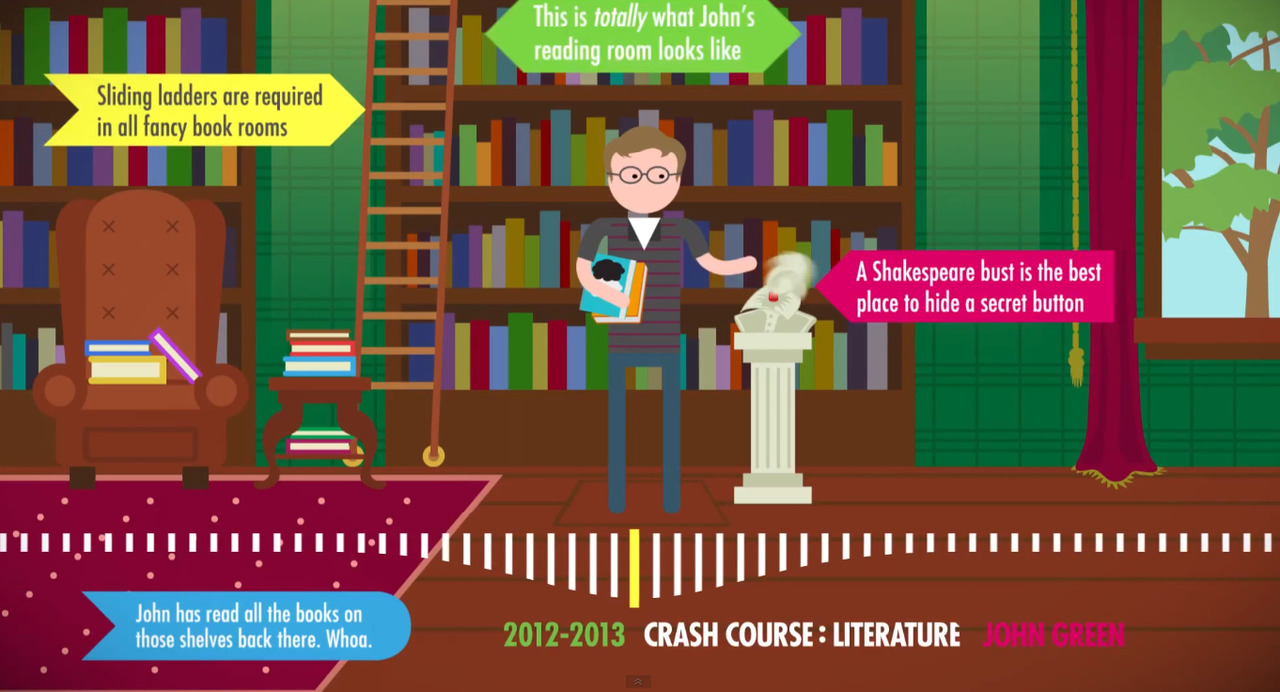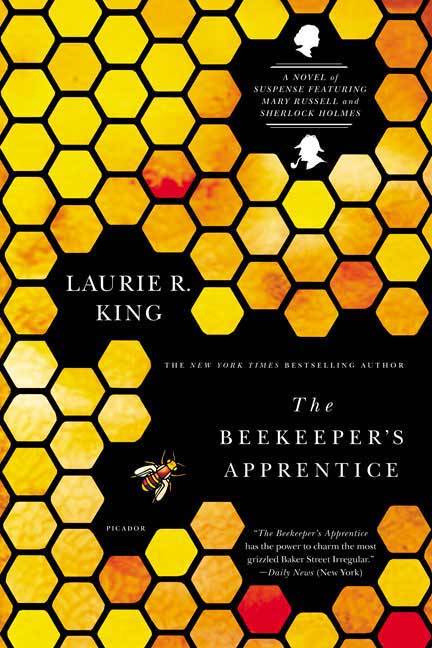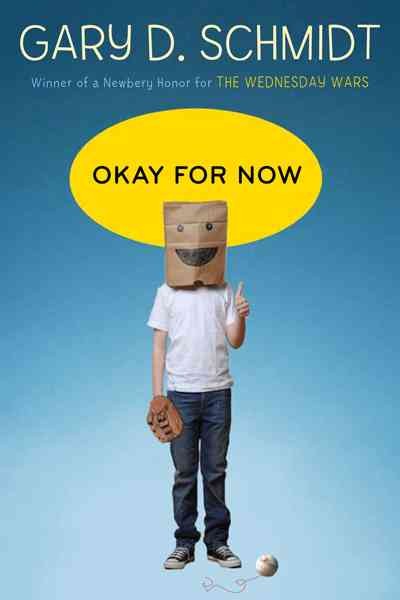The Beekeeper's Apprentice
by Laurie R. King
“I became, in other words, more like Holmes than the man himself: brilliant, driven to a point of obsession, careless of myself, mindless of others, but without the passion and the deep-down, inbred love for the good in humanity that was the basis of his entire career. He loved the humanity that could not understand or fully accept him; I, in the midst of the same human race, became a thinking machine.”
Mary Russell is a stubborn, frustrated, wildly intelligent girl of 15 when she stumbles across an old man sitting in a field watching bees. After fencing wits with him and impressing him with her keen powers of observation, he lets her into his life, first as a curiosity, then as an apprentice. The man, as you may have guessed, is Sherlock Holmes, who retired to Sussex to keep bees (yes, this is canon!) Mary and Holmes' relationship deepens from teacher and student to deep friends as they solve one case after another. Will they be able to maintain their bond when forces from the past threaten to tear them apart?
This review will not be my best, as my reading of this book has been choppy due to reading for school. I will cobble together what I can, and I hope that my impressions are accurate!
While the mysteries in this book are not my favorite, I have often discovered (from watching
Castle) that we care less about the mysteries and more about the relationship of the main characters and how it develops over time. That is certainly true in this case. I had a hard time following the various mysteries at times. There were also a few stylistic quirks that irked me a bit. We were treated to not one, but two "and then we had more adventures that I won't tell you about, and now back to the real plot" (a pet peeve of mine). Towards the beginning of the book, the author would often jump ahead to say how this adventure that they had changed Mary's life and later on... and so you thought the adventure was over, but then it would return to a point in the middle of the adventure and continue. We also had a moment where the characters leave the country and do nothing relevant to the plot for a few chapters.
That being said, this Holmes is my Holmes. This is spindly, leaping, cackling, violin-playing, infuriatingly blunt Holmes. From the start, when he sat on the hill, rolled his "R"s condescendingly, and raised an eyebrow, I knew it was him. My Jeremy Brett from the Granada television series (which the author mentioned was her favorite Holmes). This Holmes had his energy, even at an old age, his passion, his incisive mind, and his deep hidden devotion to those close to him. At times, I did worry that his relationship with Russell, as Holmes called her, was getting too sentimental, but certainly by then end, I knew that that is the friendship I would have wanted with Holmes. The mutual respect and fatherly love he had for her by the end of the book was tuned perfectly.
As for Mary Russell, I loved her. She was not perfect. She was stubborn and bull-headed. But she was sharp, and brave, and did not give a shit about how she was perceived. She worked hard and earned every ounce of respect that Holmes gave her. She grew from a girl who was rebellious because she was angry to a formidable, self-possessed woman.
I did feel a little bad for Dr. Watson, or Uncle John, as Mary calls him. He is portrayed as a bit dim (compared to Mary and Holmes), but so full of love. This interpretation is absolutely supported by the original Holmes stories. Rather than having Watson as a true partner to Holmes, King holds up Watson as Holmes' empathy. Yes, Holmes has much of his own, but Holmes is the brain and Watson is the heart, and they need each other in that way. Mary, however, is Holmes' intellectual partner.
There are some truly moving moments in this book: a quiet talk about post traumatic stress and all the feelings it can unleash with a child who has returned from being kidnapped, a trip to Palestine that has special meaning for Russell, who is Jewish, and a night of emotionally intimate conversation between Holmes and Mary towards the end of the book that gave me the "if I was friends with Holmes, this is what I would want" moment. And the chess and beekeeping symbolism, sometimes both at once, was clever and fun!
While the mysteries were not as gripping as I would have hoped, the relationships and moments of humanity and beauty in this book have motivated me to get the next one!





